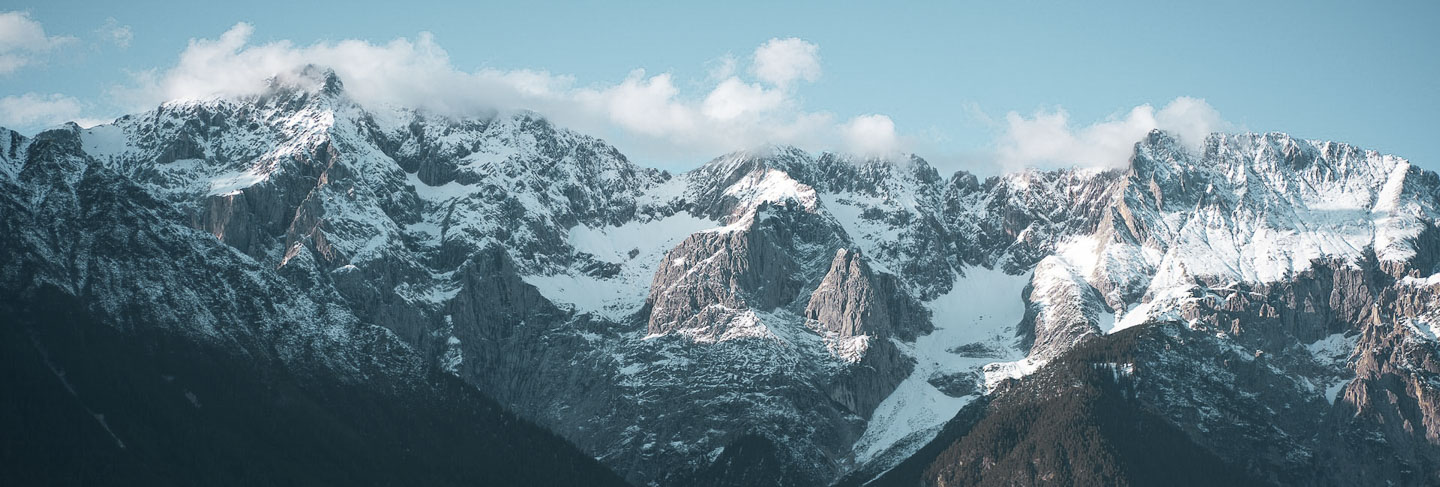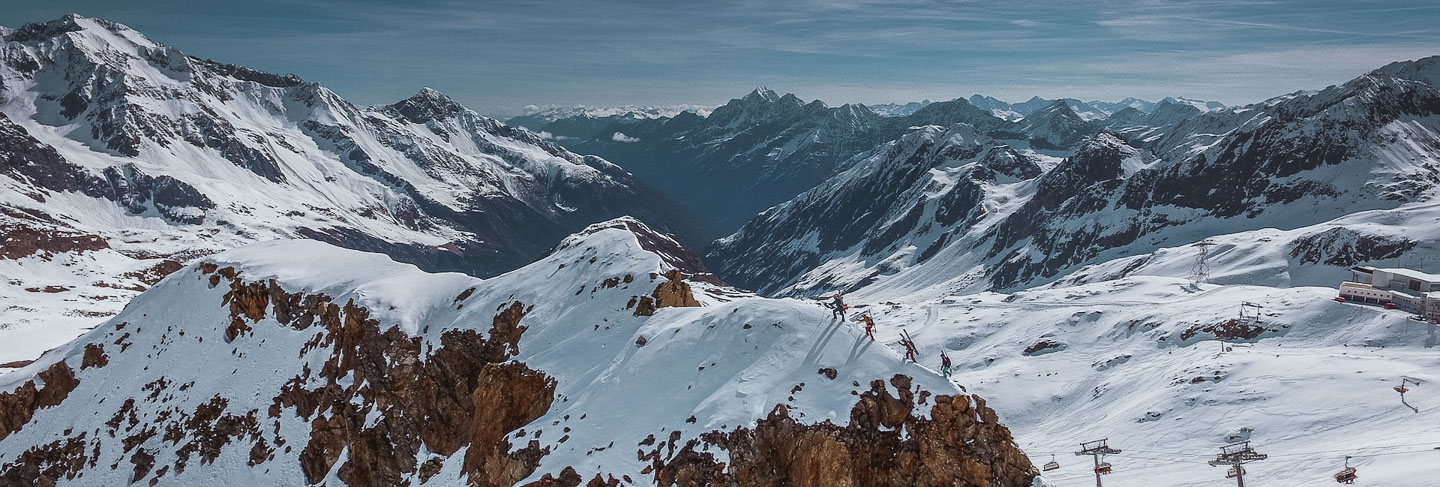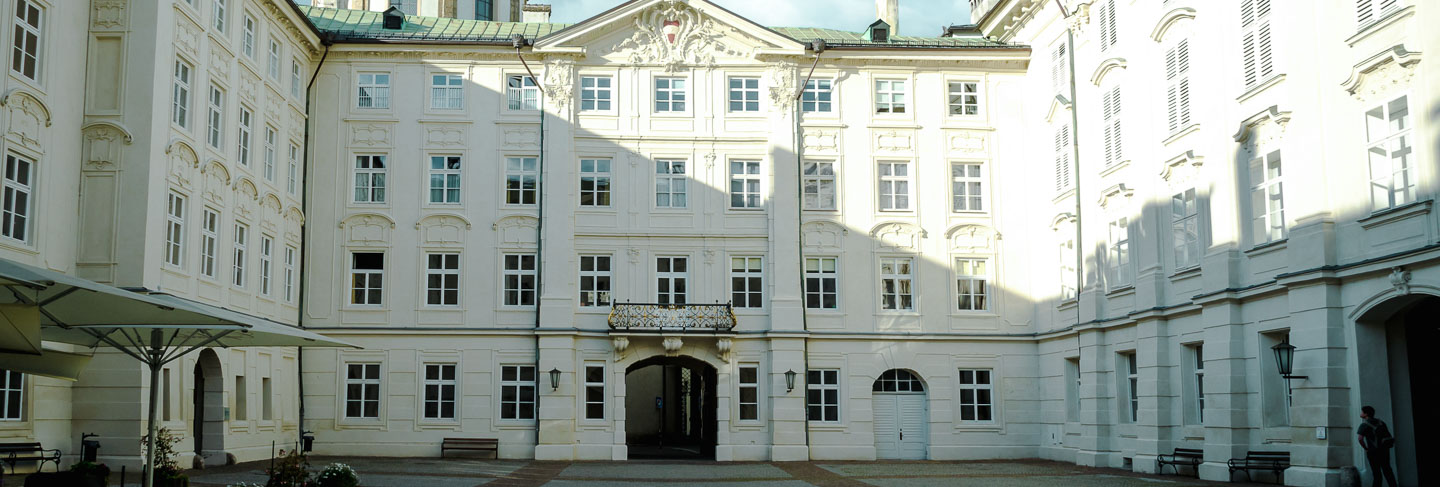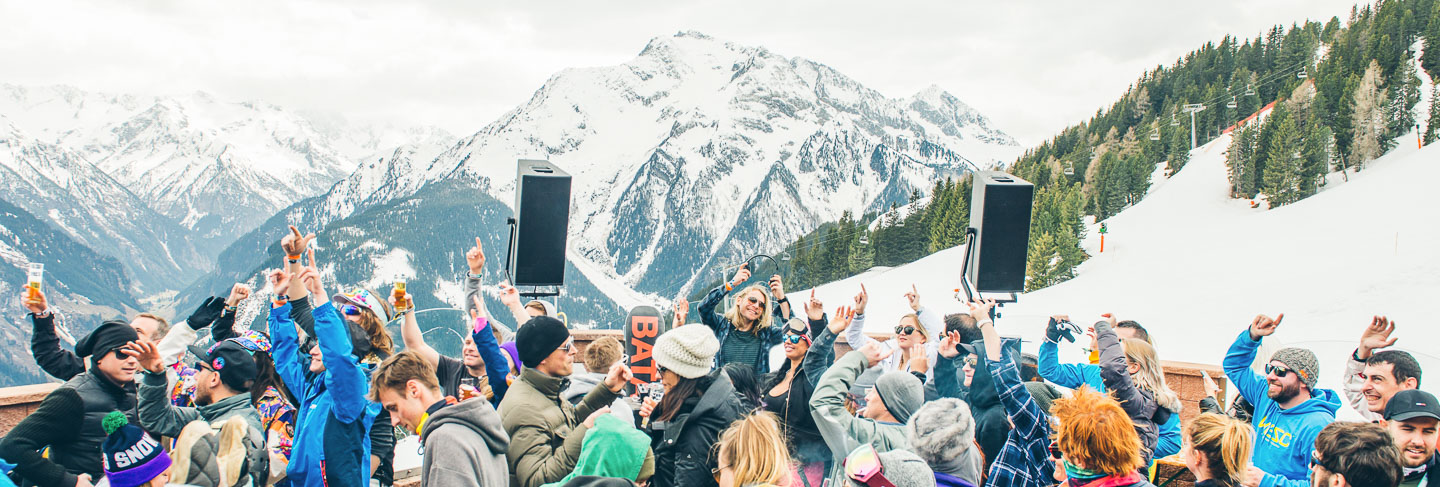As with many European regions, Tyrol has been the subject of conflict and conquer for many centuries. In ancient times, Romans incorporated it into the Holy Roman Empire, while the Middle Ages saw the Goths conquer Italy and capture much of the region. They were followed by the Lombards, who took the South of Tyrol, and Bavarian and Aleman tribes, who took over the Northern and Western parts of the region. The rise of the Hapsburg dynasty saw the region once more in Austrian hands, although it continued to represent a point of dispute between the emerging Austrian Empire and neighbouring powers, in particular the Swiss, as well as those of Bavaria, Venice and Milan.
The Napoleonic Wars led to the region coming back under Bavarian control, before World War One and the growing migration of Italians to the Southern part of the region, saw the region (now part of the Austro-Hungarian Empire) eventually split in two, with the south ceded to Italy. This division has remained to this day.
It comes as no surprise, given the dramatic scenery that characterises Austrian Tyrol, that its culture has been formed and informed by its geography. In many cases, it shares certain traits in common with neighbouring Alpine regions such as that of Switzerland, for example, with the tradition of the ascent and descent of the cattle, a hearty cuisine heavily reliant on dairy and the cultivation of fruit, and - of course - a tradition of winter sports, chief among them skiing.
In fact, Tyrol, can lay claim to the invention of modern skiing, thanks to former ski instructor Hannes Schneider, whose ski school, set up in 1922, pioneered the use of the ‘Arlberg Technique’ of ski instruction, which revolutionised the sport.
Innsbruck in Austrian Tyrol has even hosted the Winter Olympics on 2 occasions (1964 and 1976), while the Alpine Skiing World Cup, the Tour de Ski, The Four Hills Tournament and many other Winter sports events are often held in the region. Meanwhile, ice hockey continues to form a major part of sporting life in the Tyrol region, with HC TWK Innsbruck the region’s biggest team.
The traditional industries of the region are, of course, the production of dairy, as well as the cultivation of apples and plums, among other fruits. Loden, a special type of wool is also specific to the region and can be found on all manner of items, such as hats and huntsmen’s jackets. Other typical items of clothing include a type of felt slipper known as toggln, and, of course, the classic dirndl dress (think: The Sound of Music).
The legend of Krampus, the terrifying Yuletide ‘devil’ who punishes naughty children at Christmas, dates back to pre-Christian times, and is an important cultural touchstone. Despite originally being an Alpine legend, in recent years, non-religious peoples from all over the word have embraced Krampus as an alternative Christmas icon.
Although Tyrol has many folk practices, it is with classical music that it is most often associated.
The Tirolean Symphony Orchestra performs eight concert series per year plus a special New Year’s Eve Concert, which takes place in Innsbruck’s Dogana Hall. However, there are numerous chamber music and other orchestras putting on events throughout the year.
The Electric Mountain Festival brings crowds of electronic music lovers to Solden every year around Easter time, creating a one-off DJ resort in the Alps. Mid-April also sees Mayrhofen in the Ziller Valley converted into a haven of electronic music and surfboarding for the Snowbombing festival – previous headliners have included Fatboy Slim and The Prodigy.
Beyond electronic music, the Ziller Valley has a strong traditional musical heritage, since wandering singers from the area have been credited with spreading of the Christmas carol “Stille Nacht, heilige Nacht” (or Silent Night, to you and I) throughout the world.
The region has also done a lot in recent years to promote literature, via events such as International Literature Days in Hall, Tyrol, the Innsbruck Festival of Prose and the annual Innsbruck weekend talks, in which writers organise a selection of talks, readings and discussions on all manner of literary subjects.
Tyrol is regarded as the centre for Austria’s festivals. Key among them are the aforementioned Snowbombing and Electric Mountain festivals, as well as the numerous classical music and literary festivals that take place each year.
However, the biggest festival is undoubtedly Gauder Fest folk festival, which takes place every May in Ziller. Traditional dress, all kinds of entertainment, music and more are to be experienced for several days, as well as a special 7.8% alcohol beer created each year especially for the festival. Now, if that doesn’t get you in the party mood…
Another important celebration worth catching is the Imst Schemenlaufen Parade, which is held every four years, and is supposed to represent the transition from a boy to a man, via the participation of around 900, each of whom play a specific character, much to the delight of the gathered locals.
Then there is Wampelerreiten, hosted by the village of Axams, during which young men dress up in padded shirts, not unlike fat suits, then fight and roll around on the floor. Apparently, the more sullied the shirt the better the year’s harvest will be!



